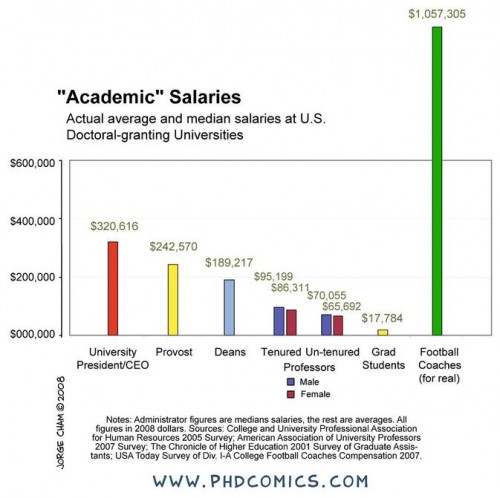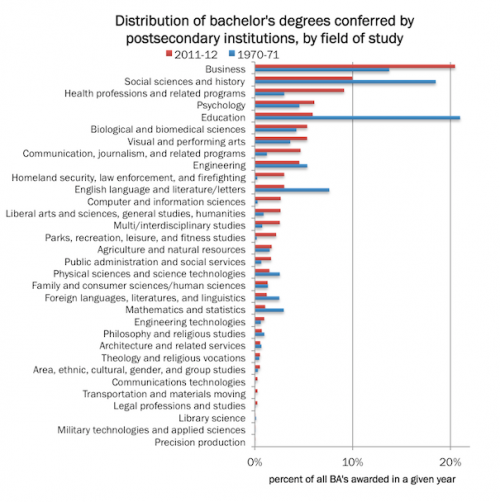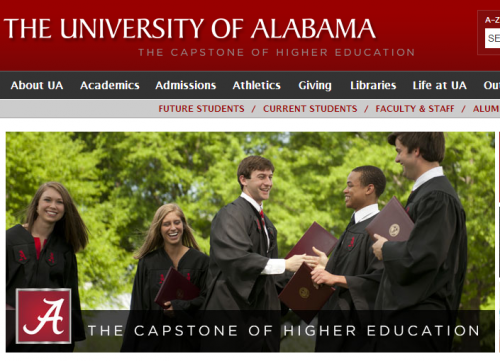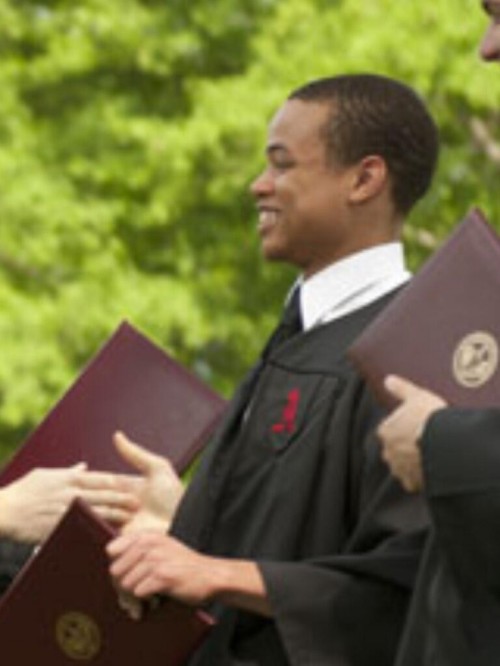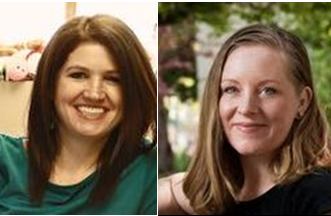Thanks to someone for this mash up of academia and Precious Moments figurines! About him or herself, he or she writes:
I’m the sort of person who (a) constantly saw, and was occasionally given, Precious Moments figures as a kid, despite finding them creepy; and (b) now makes a living in, and constantly thinks about, academia, despite finding it creepy.
Scroll through some of my favorites below or see them all!
Lisa Wade, PhD is an Associate Professor at Tulane University. She is the author of American Hookup, a book about college sexual culture; a textbook about gender; and a forthcoming introductory text: Terrible Magnificent Sociology. You can follow her on Twitter and Instagram.








